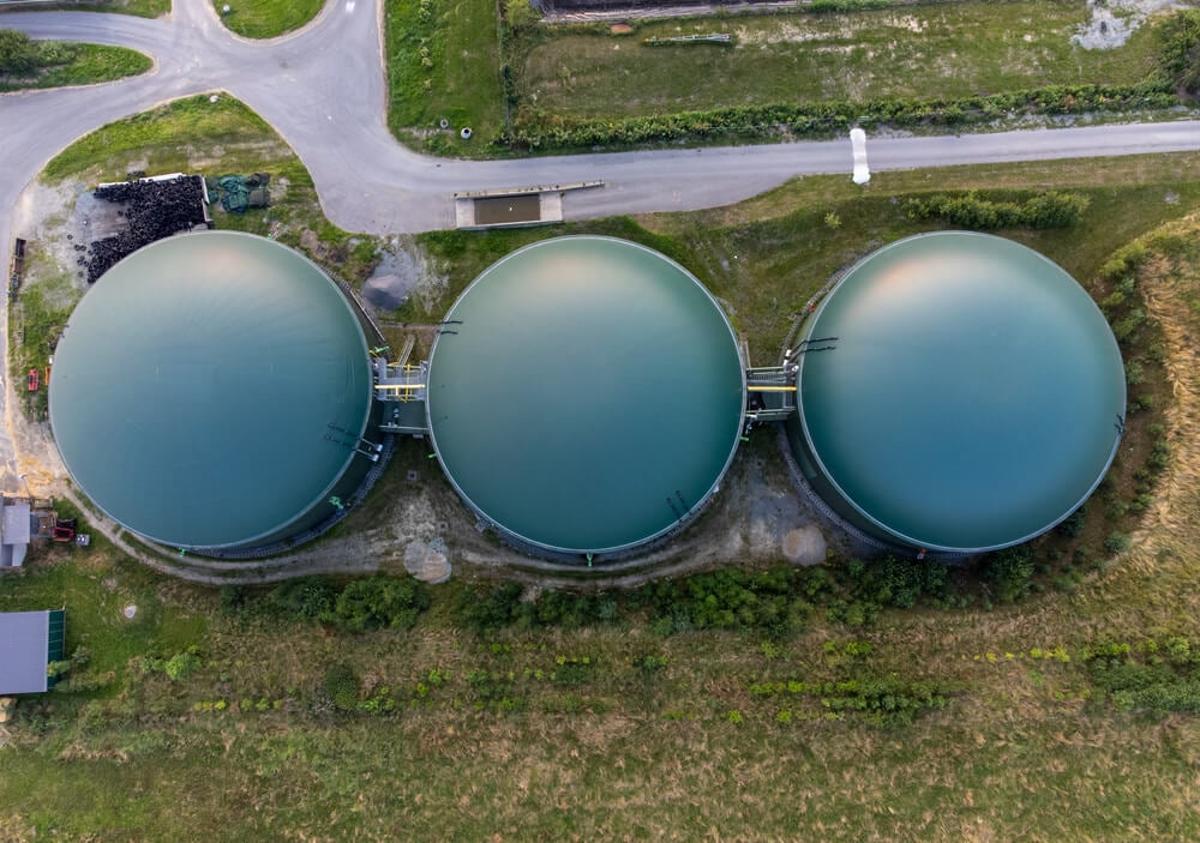The Singapore-based subsidiary of Canadian green energy company Anaergia has signed a conditional contract to design and build a biogas facility on Jeju Island, South Korea.
The agreement, announced today (9 June), is valued at around CAD$40m and includes a CAD$30m main contract along with an additional CAD $10m supplementary agreement. The facility will be delivered for New Jeju Bio, which is currently arranging project financing and expects to reach financial close before the end of the year.
Once operational, the Jeju Bio Energy Biogas Plant will process approximately 54,000 tonnes of organic waste per year, including slaughterhouse waste and wastewater sludge, and convert it into renewable electricity using a combined heat and power system.
The energy produced on site will also support plant processes such as pasteurisation, evaporation, digestate drying, and wastewater treatment.
Sae Hyun Cho, CEO of New Jeju Bio, said Anaergia had been selected for its “proven ability to deliver integrated, complex solutions” and that the scope of the facility had expanded during the design phase to address a wider range of organic waste streams on the island.
The facility is expected to come online between mid- and late-2027, depending on financing. The contract builds on a Letter of Award signed in September 2024 and reflects a broader mandate to support Jeju’s local waste management and energy recovery goals.
Anaergia CEO Assaf Onn said the deal “represents an even more significant achievement than previously envisioned.”
“Not only is this a very significant project in a key new market, but it also clearly demonstrates how our … integrated suite of technologies provides a proven, comprehensive solution for project developers seeking reliable, innovative organic waste to energy systems,” he added.
The Jeju project will be Anaergia’s first in South Korea, further expanding its footprint in Asia alongside projects in Singapore, China and India. The company has also delivered biogas and waste-to-energy plants across North America and Europe, with a focus on technologies for high-efficiency digestion and renewable fuel generation.
The plant fits with Jeju Island’s Waste-Free 2030 vision, a policy framework aimed at phasing out landfill and increasing resource recovery and recycling.
South Korea’s biogas strategy forms part of its wider push toward carbon neutrality by 2050. Under the 2023 Biogas Act, the country aims to significantly increase the share of organic waste converted to biogas, with targets of 500 million Nm³/year by 2026.
Policy updates now allow greater injection of biomethane into the gas grid and support the use of biogas as a feedstock for renewable hydrogen. This also aligns with South Korea’s broader goal to reduce greenhouse gas emissions by 40% by 2030 and transition to 70% carbon-free electricity by 2038.
